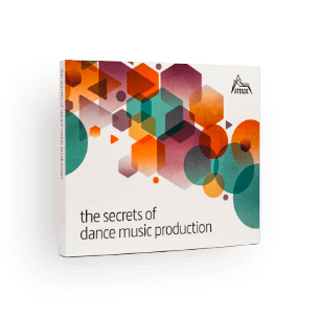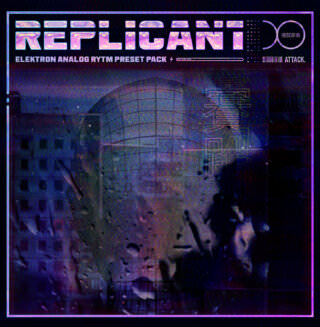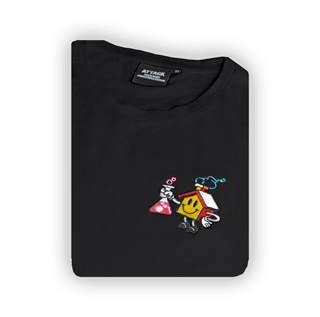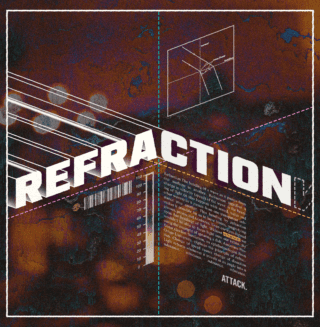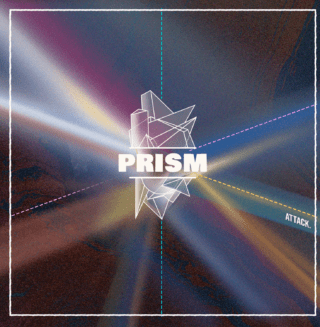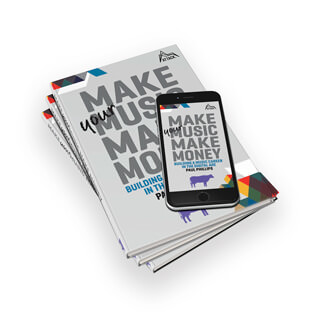Google recently revealed a brand new AI dubbed MusicLM, which is able to generate songs from any text description.
Google researchers unveiled the system in a recent paper along with examples of music it had generated. The company, fearing the ramifications, has yet to detail any plans for its release.
AI has recently been a massive topic of discussion in the music industry and beyond. ChatGPT in particular has taken the world by storm. The language model is capable of generating text, code, and even music.
🔥 Attention all musicians/music producers! Check out this mind-blowing AI music generation from Google and tell me it doesn’t have you questioning your future in the industry: https://t.co/Y9jmkMDTlc #AIMusic #FutureOfMusic
— DJ Fresh (@DJFreshUK) January 28, 2023
We have also seen the release of other song generators such as Riffusion, an AI that composes music by visualizing it, Dance Diffusion, Google’s previous project AudioLM and OpenAI’s Jukebox.
Last year Attack editor, Eric Brünjes, interviewed Diaa El All the founder of Soundful a company that has democratised music further. At the click of a few buttons, you can have the tune you need for your project.
These systems have certainly shown us the potential for AI in music creation. However, none of them has quite been able to create songs with much complexity or high fidelity.
MusicLM, on the other hand, may be the first that can.
MuiscLM Audio Examples
In order to create a song with MusicLM all you need to do is enter a text prompt and wait for the results. We won’t have access to the system for the foreseeable future so we will have to rely on the results obtained by Google researchers for now.
When given the prompt: “A fusion of reggaeton and electronic dance music, with a spacey, otherworldly sound,” here’s what MusicLM created.
Here’s a “meditative song, calming and soothing, with flutes and guitars.”
MusicLM can also be given a sequence of text prompts that will cause the composition to evolve according to the descriptions.
Here’s an example:
The Prompts:
- Electronic song played in a videogame (0:00-0:15)
- Meditation song played next to a river (0:15-0:30)
- Fire (0:30-0:45)
- Fireworks (0:45-0:60)
The Result:
First Half:
Second Half
This technique seems to lend itself very nicely to composing for pictures but also when used correctly can allow for the creation of entire songs. Here’s a small sample of a five-minute melodic techno track generated entirely by MusicLM.
It may not be a Beatport number one but the improvements from previous iterations of the technology are pretty staggering.
MusicLM is also able to generate songs via a combination of a picture and caption. Here’s what it came up with for Vincent Van Gogh’s ‘The Starry Night’.
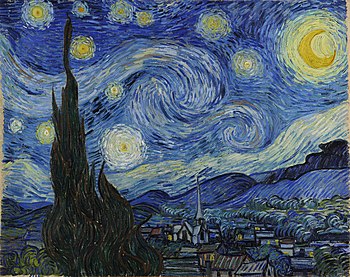
It’s impressive how MusicLM’s compositions can evoke a mood, capture a lot of the nuance of a musician’s performance, and create reasonably complex melodies, however, it is by no means flawless. Some instruments can have a distorted quality and the vocals in particular are quite poor.
Google’s Reluctance to Release MusicLM
One of the main ethical concerns of MusicLM has to do with copyright infringement. In order to train the system Google fed MusicLM a dataset of over 280,000 hours of music. A lot of which is copyright protected. As a result, copyrighted material from the training data can sometimes make its way into the generated songs.
After running an experiment, Google researchers found that about 1% of music generated by MusicLM was directly replicated from songs in the training dataset. This along with other ethical concerns has led Google to postpone releasing MusicLM, at least in its current state.
This is not the first time the dangers of AI and copyright infringement have been raised. In fact, there are several ongoing lawsuits against systems that generate text, code, art and music, including one pertaining to the rights of artists whose work is used to train AI systems without their knowledge or consent.

